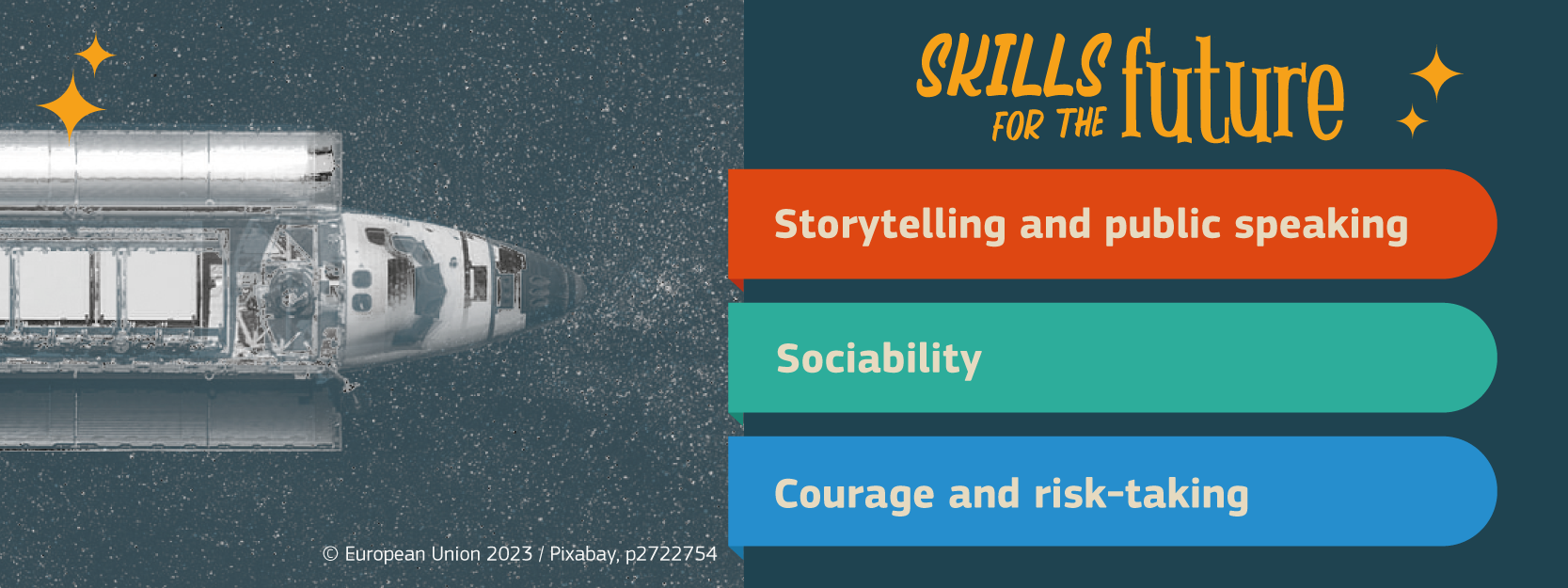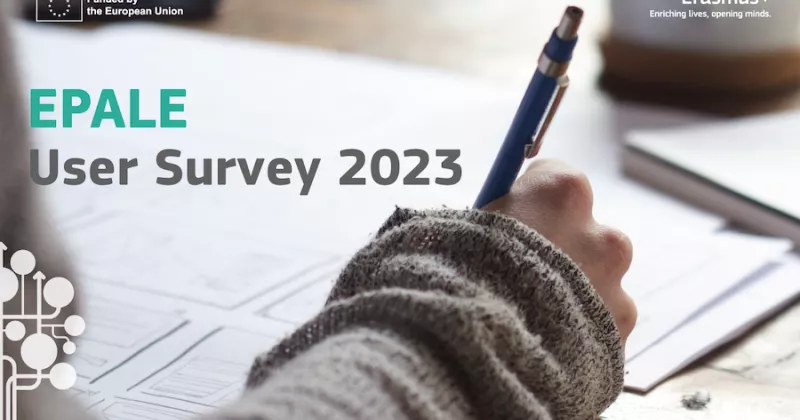Hakan Eyimen: Learning with a buddy

Short bio
I am Hakan Eyimen, 26 years old. Almost 3 years ago, I fled Turkey for political reasons. After a few weeks in Brussels, I finally ended up in the asylum canter of Lanaken (Limburg). That was during the full coronavirus period, and there were no Dutch lessons for 6 months. Still, I wanted to learn Dutch as soon as possible. That’s why I used Duolingo, Memrise, and Google Translate on my mobile phone. However, the internet connection in the asylum center was not always good, and the pronunciation on those apps was also not how people speak in Flanders. Learning a language without guidance is not that easy, but it worked. After a while, I could read the newspaper or a book. I watched TV programs in Dutch, and I listened to podcasts.
My story
After 9 months in the asylum center, I even started interpreting for other Turkish refugees. I tried to do as many things as possible myself. I also wanted to get an education. In Hasselt, I first followed an (IVANHOE) trajectory to prepare myself for this. The Agency organized this combination of courses and training for Integration and Inburgering, VDAB, Leerwinkel Genk, Hogeschool PXL, UCLL, UHasselt, and all Limburg centers for adult education. Then, I went to college to study IT. I found the academic language still too difficult there, so I unsubscribed. But I learned a lot from the buddy project.
Foreign speakers are paired with Dutch speakers to practice the language. During a trip, I met a man who spoke a little Turkish because of his holidays in Turkey. We started talking, and he became my buddy. Now we talk to each other every week. But we also became real friends. We also meet on weekends and send emails or messages via WhatsApp.
I also have very fond memories of a play I participated in. That was led by Stefan Perceval, a well-known actor and director of the theatre organization HETGEVOLG. In Turkey, I worked in the film sector. So, when I saw a call to participate in a play, I didn't hesitate. That was a really nice experience. In that play, we were with 2 foreign-language speakers. The others were all Belgians, but it was no problem that I did not speak perfect Dutch yet.
Of course, you have the play that needs to happen. But I also met a lot of people that way. I always felt really good after a rehearsal. I really learned to talk to people. That's how I dared to address people, even on the street. It also did a lot for me on a personal level. I just felt human back there. Our play was called Voices of the Soul.
Now, I want to help other refugees arriving in Belgium. I became a buddy of a man from Syria. I also know everything about the difficulties you experience when you try to learn the language. I want to help them because I have experienced how everything goes. That's why I made a website with clear information: www.hakaneyimen.com. On it, people find all the authority they need as a newcomer. I also make videos. I publish them on my YouTube channel. Soon, I also want to organize online conversations for newcomers. One evening a week, I volunteer via Zoom for people who want to learn Dutch.
I'm even thinking of a newspaper with stories from and for non-native speakers.
I launched a website for the people in the province of Limburg, where I live, called https://e-limburg.com/ to connect the people who have the knowledge to the people who need it, to bring together people with different perspectives so they can understand each other better, and to empower everyone to share their knowledge.
Currently, I volunteer in several places: at Arktos as an animator with children, at the adult learning organization Avansa on the editorial board of their magazine, and sometimes as an editor or interviewer for contributions to their magazine. I also still work at Vluchtelingenwerk Vlaanderen (via Zoom). In addition, I follow Dutch (4.2 level) at PCVO Modern Languages in Hasselt. I took another course in the afternoon to get my driver's license. So my days are very well filled.
Based on my own experiences, I would like to see more focus on digital learning. There should also be more support from the asylum centers regarding learning and discovering all the learning opportunities here.
During coronavirus, we experienced and learned that digital learning is also possible. It's even easier for some. The threshold to get started is lower. There can be more individualized learning compared to classroom learning.
People should be able to learn more in a non-formal way, in daily life, and practice with other people. The combination of learning and volunteering or work and learning should be easier. Learning with a buddy is very important to integrate into society.
Learning through art also strengthens your self-confidence and self-knowledge. Finally, it is important that people, especially foreign-speaking newcomers, know where they can go to learn. This was my frustration that I now have been able to turn into something good by creating my website. I hope it can help and inspire many others.
It is important that people, especially foreign-speaking newcomers, know where they can go to learn.
3 relevant skills for the future?




